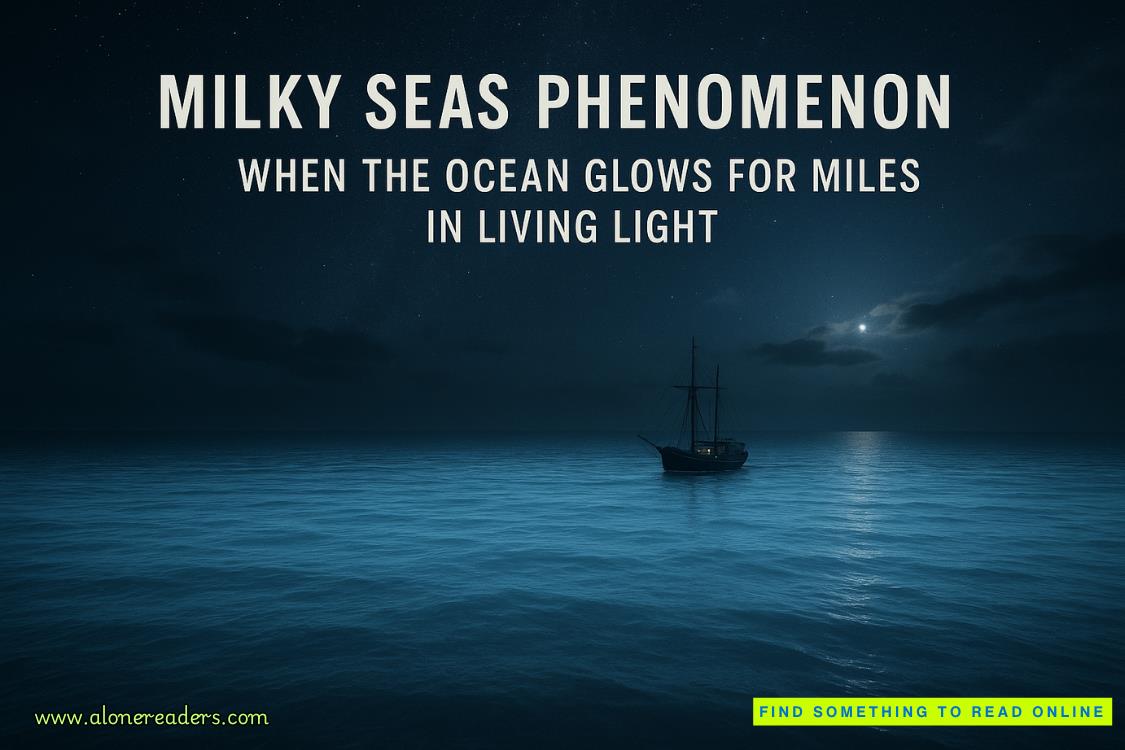MICAH
“Sugar,” I hear from across the room, “why don’t you take that sweater off? It’s hotter than blue blazes in here.”
I roll my eyes at my Nana, who is standing in her office door, hands on her hips. She’s a little bitty thing, looking at me over her glasses as I dust the giant fountain at the center of our antique shop, a repurposed old church over a hundred years old. It’s a beautiful, unique space, but the air conditioning functions about as well as a fish on a bicycle.
“Can we please go home?” I whine. “It’s miserable in here and we’re not going to have any customers anyway. As soon as they walk in and realize the air isn’t working, they’ll turn around and leave.”
She shakes her head. “The sign says we’re open until five, so we’ll be here until five. Besides, I saw Pauline Cavendish when you took me to the bank this morning. She said she may stop by.”
“All the more reason to close the store. You know she’s crazier than a shithouse rat.”
“Hush up with that vulgar mouth, Micah Bonaventure.”
“Can we please to home?”
“No.”
I sigh. If I didn’t have to drive her home, I’d leave her here.
Nana eyed me and shook her head. “You and those godforsaken sweaters. You dress like more of a granny than me.”
“My neckline suggests otherwise,” I say, looking down at my cleavage. “Besides, it’s my signature style. I have to stay on brand.”
She chuckles and shakes her head. I got her with that one, which is rare.
I do have to admit I may be a little too fond of cardigans. I hate my arms, and sweaters cover them despite the heat. Since my job at our antique store is to merchandise and maintain the floorspace, I’m always moving, and every time I see a jiggle out of the corner of my eye or get a glimpse of it in one of the old mirrors we have for sale, I cringe. They make me look twice the size I already am. When a customer comes in, I feel like they’re staring at my flab. I simply feel better if they’re covered.
And my legs. My legs are just as bad.
“Once you finish cleaning,” Nana says, giving up on trying to get me to remove my sweater, “take some more pictures for the insta-thing on your phone,” she says. “We always get inquiries after you post something.”
“Yes, ma’am,” I say, exasperated as I wipe sweat from my forehead. There’s no sense in arguing.
She goes back to her desk, and I finish dusting an antique chifforobe that’s been here for ages. It’s a beautiful piece, made of oak with an irregular and vibrant wood grain. I’ve contemplated taking it home on more than one occasion, but Nana and I don’t have space for it in the small house we share.
Once I’m done, I take out a rag and ladder to clean the color block stained-glass windows. This feature is my favorite part of this old space. The panes are thin enough to let in plenty of light, which casts hues of pink, orange, and green onto the floor of the shop. The glass is rippled and I love the distortion it casts on the world outside, like it’s all a dream.
After the whole store is dusted and polished, I take a few photos to post on our social media accounts. Nana is right about one thing—once I gave the store an online presence, business more than tripled. Now we get clients from all over the South looking for heavy, ornate dining room sets, bed frames, or paintings and pottery we’ve snagged from local estate sales. Our small town of Magnolia Row, Alabama, has enough old houses, not to mention old money, to supply us with a steady stream of inventory. At least once a year, some elderly rich person dies and we end up with more items than we can handle.
But the one thing that never sells, and will probably still be here once I’m gone, is the fountain. It sits in the middle of our floorspace as the most unique and elaborate piece we carry. Nana purchased it for a fraction of what it’s worth when the Florablanca Inn went bankrupt years before I was born. It was originally in the lobby of the hotel and features three scantily-clad sirens—with magnolias in their hair and strategically covering their bodies—as the center pillar. Water is supposed to come from their mouths into the trough below, but it hasn’t functioned since it was housed in the hotel. It’s Nana’s favorite piece, and she priced it so high I doubt anyone will ever buy it.
I place a few satin flowers in the lap of one of the sirens to add a pop of color to my photo, then take a few shots from different angles until I have one good enough to post.
I walk back to Nana’s office to get a rubber band for a ponytail and catch Nana putting four sugar packets in her glass of iced tea.
“Nana!” I say, running to the desk and snatching them out of her hand. “You know you can’t have this!”
“That’s not sugar,” she says, stirring her tea.
“It is!” I say, staring at her like I’m shocked, even though I’m not. Nana’s a diabetic and has heart disease. To top it off, she’s terrible at keeping up with her medication and diet. Her addiction to sweet tea and fried food has been a struggle. She either eats and doesn’t take her medicine, or she takes her medicine and doesn’t eat. Her blood sugar is all over the place. “I can read,” I continue, pointing at the little paper packet. “Pure cane sugar.”
“It doesn’t say that.”
“Stop trying to gaslight me.”
She takes a sip. “Not sweet at all.”
I shake my head. “Nana. Dr. Denbigh says you have to take care of yourself. You can’t?—”















